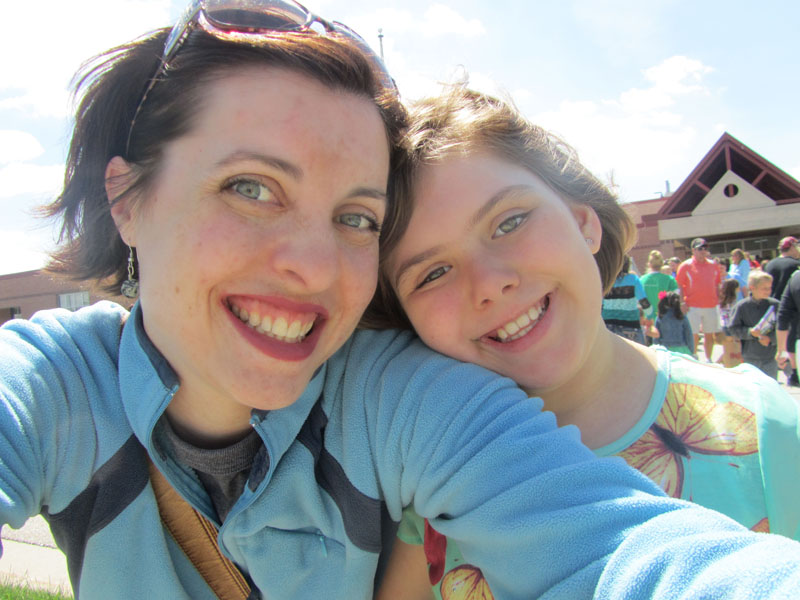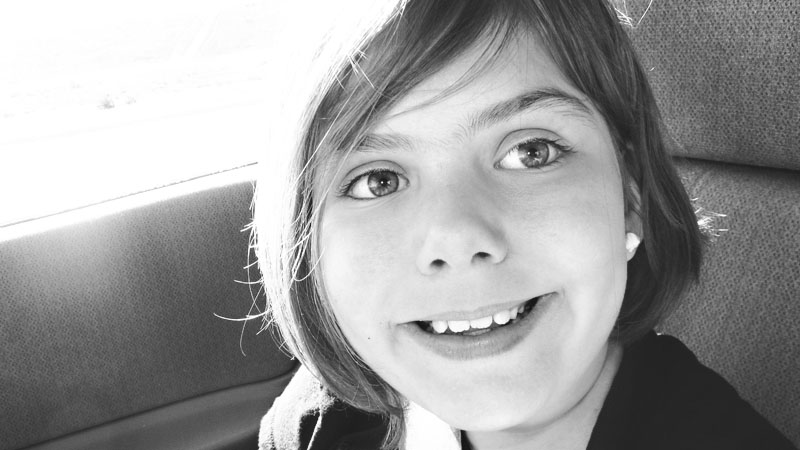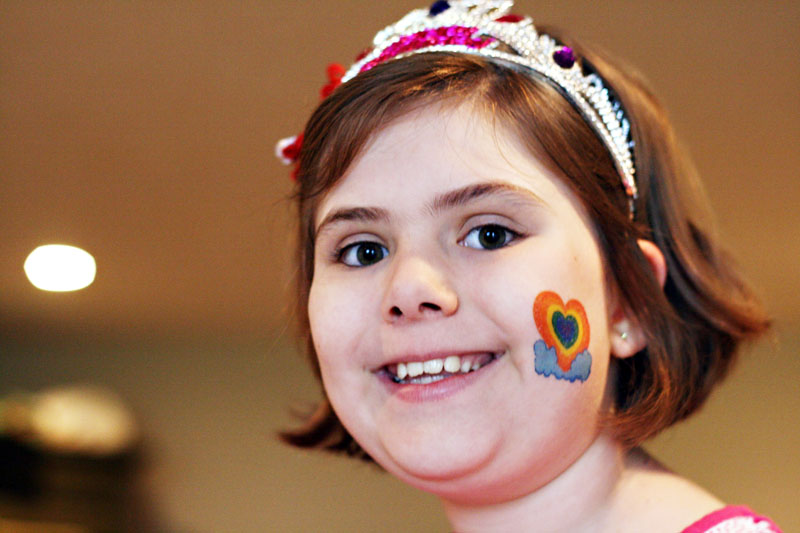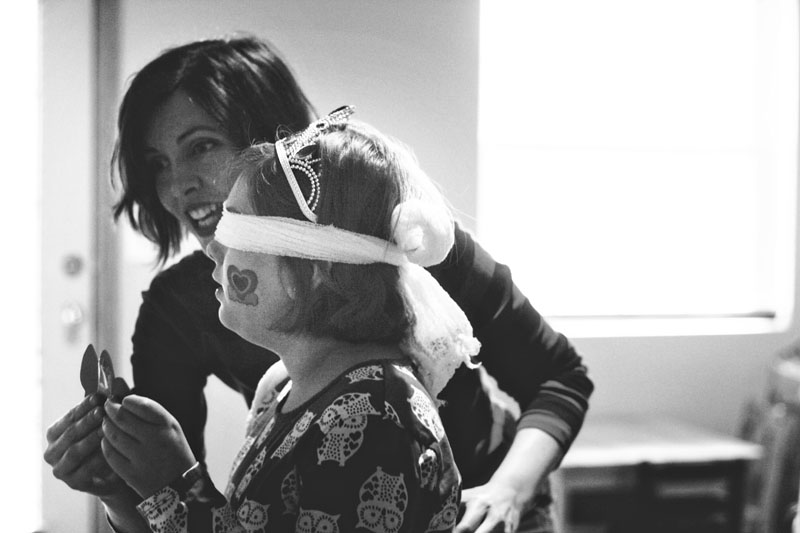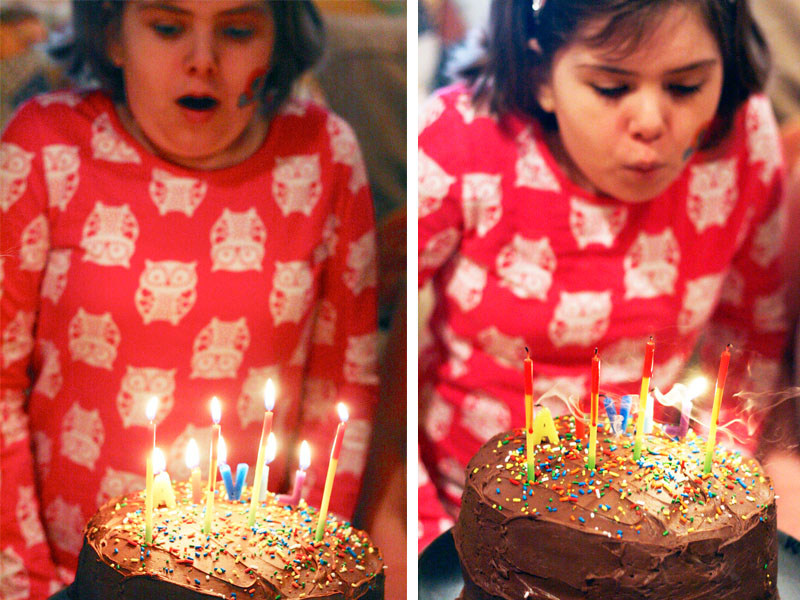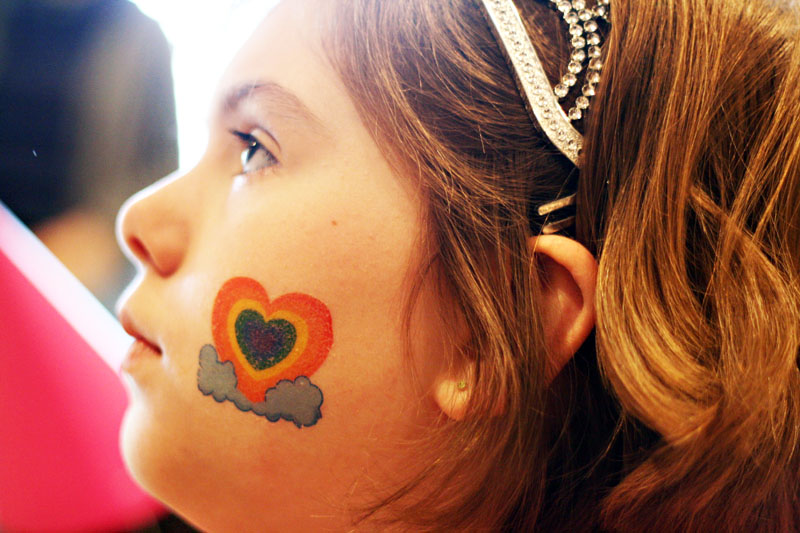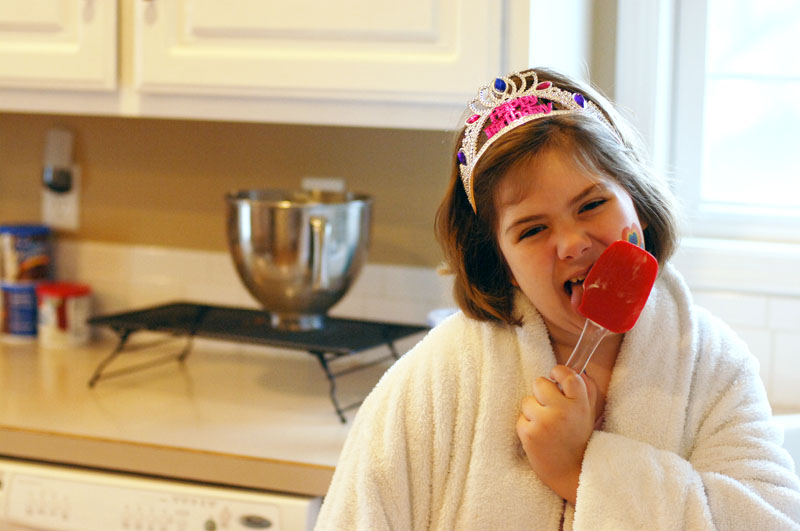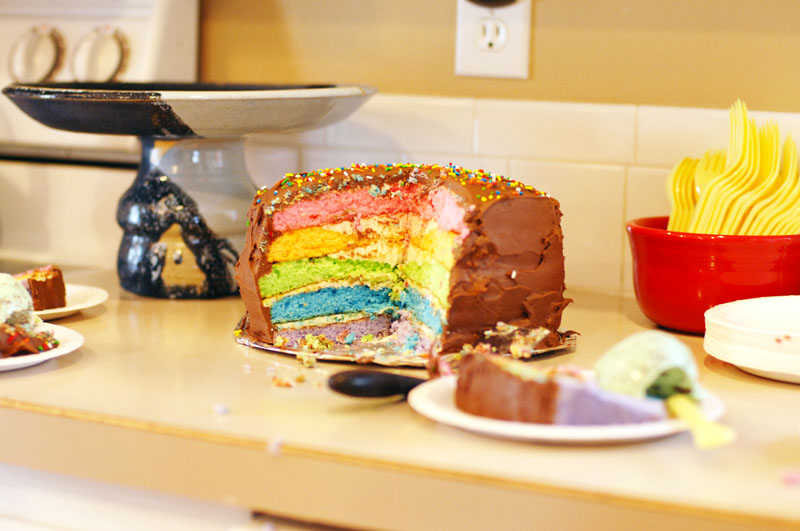
If you’ve ever cried in public, then you know how embarrassing it can be to feel vulnerable. I went through a season where I cried at what seemed like every church activity I went to. I’d walk through the doors into a group of women and just start crying about how hard things were. (Hint: my daughter was three at the time.)
It’s tempting to walk away from these moments with a deep sinking feeling in your gut. Oh man, did I really say all that? Why did I cry in front of my friends? And so on and so forth. Or maybe it’s not something you do in person but you feel this way after a particularly personal email or Facebook exchange.
I want to say, though, that we shouldn’t be ashamed of being human. We shouldn’t feel embarrassed for being real or for needing to cry or for sharing our hearts with our friends. We don’t need to bear the weight of perfection and strength. Because guess what? We know it’s a lie. We all know you aren’t perfect. We all know you don’t have your life all together. Knowing that you are human makes me want to be more human, too.
Maralee asked the other day for people’s perceptions of foster parents. I emailed her privately to say “sexy” because when I think of foster parents that’s the first word that comes to mind. You know… now that Jeremy and I are part of this community. Incredible sexiness aside, we avoided foster care for years because of our misconceptions—misconceptions related to foster parents, foster children and definitely related to our state. Maralee then came up with 10 Ways to Ruin Your Fostering Reputation. I highly encourage reading this post and soaking in the information because it is very very good and contains a lot of wisdom.
As we care for foster kids, I’d like to acknowledge, in an effort towards vulnerability, that there are challenges involved. For me the biggest challenges are emotional ones, like how does someone with a huge desire to adopt care for a child who will be reunified with her parents? The struggle to parent well, as in life with your adopted or biological child, is hard. What I find to be exceedingly important at this stage is a support group. Because going down this path alone might just derail me.
To hold in all the frustrations of foster parenting, to never say a cross word about it, isn’t going to help me out in the long-run. As you can see in Maralee’s list, a foster parent needs to be careful about what is said publicly. But privately? That’s another matter. In a small, supportive and confidential community, one is allowed to vent. Gripe. Complain. Acknowledge the hardships. Share the sadness. Confess the feelings of angst. And at the end of the day, such vulnerability makes everyone a better parent. Being known, exposing one’s soul, and knowing others? This is important. It is valuable. And it is nothing to be ashamed of.













